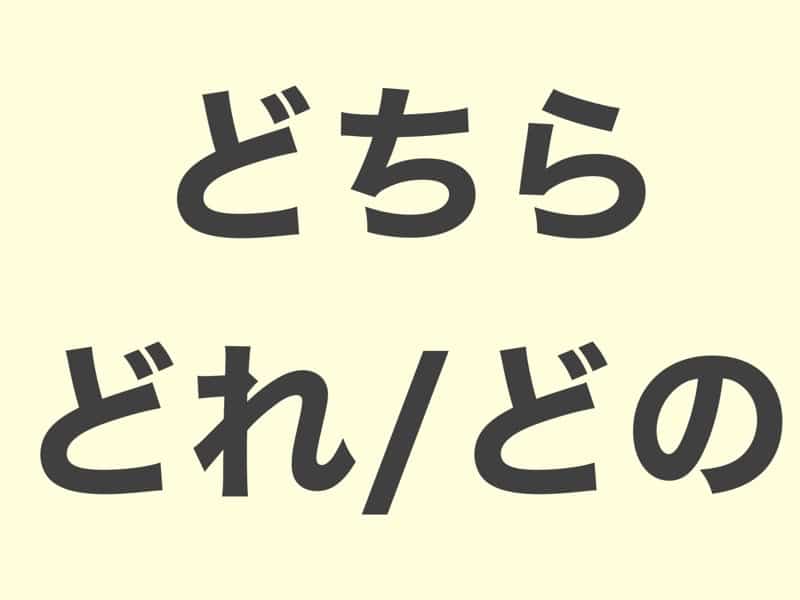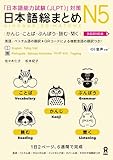In Japanese, words like どちら (dochira), どれ (dore), and どの (dono) are essential for asking “which” in various contexts. These terms help clarify whether you’re asking about two options, three or more options, or specifying a noun. Understanding the subtle differences between them allows you to communicate clearly, whether you’re asking about a preferred item, a choice among several, or the location of something. In this lesson, we’ll break down each term with examples so you can confidently use them in your conversations.
どちら (dochira)
どちら is often used to ask about a choice between two options. It can also mean “where” in some contexts.
- どちらがすきですか。 (dochira ga suki desu ka)
Which do you like (of these two)? - はるとなつとどちらがすきですか。 (haru to natsu to dochira ga suki desuka)
Which do you like, spring or summer? - えきはどちら(or どこ)ですか。 (eki wa dochira (doko) desuka)
Where is your house?
どれ (dore)
どれ is used to ask “which” when choosing from three or more options.
- どれですか。(dore desu ka)
Which one is it? - どれをかいたいですか。 (dore o kaitai desu ka)
Which one do you want to buy? - かばんはどれですか。(kaban wa dore desu ka)
Which one is your bag?
どの (dono)
どの is used with a noun to specify “which” among multiple options, much like “which [noun]” in English.
- どのほんがいちばんおもしろいですか。(dono hon ga ichiban omoshiroi desu ka)
Which book is the most interesting? - どのひとがおねえさんですか。 (dono hito ga oneesan desu ka?)
Which person is your older sister?
Summary of Usage
- どちら (dochira): “Which (of two options)” or “where.”
- どれ (dore): “Which (of three or more options),” no noun following.
- どの (dono): “Which” (must be followed by a noun).




コメント